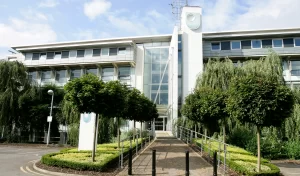Another interesting book is The Wealth of Networks: How Social Production Transforms Markets and Freedom, available under a Creative Commons license.

Yochai Benkler describes how social production is reshaping markets and offering new opportunities to enhance diversity, interaction, collective thinking, and justice.
“Human nature is not a machine to be built after a model, and set to do exactly the work prescribed for it, but a tree, which requires to grow and develop itself on all sides, according to the tendency of the inward forces which make it a living thing.” – John Stuart Mill, On Liberty (1859)
The networked information environment has been expanding and making information and knowledge available. However, it can either limit or enlarge the ways people can create and express themselves.
Access this book here: [Link: http://cyber.law.harvard.edu/wealth_of_networks/Main_Page]
This online version has been created under a Creative Commons Attribution Noncommercial ShareAlike license – see [Link: www.benkler.org] – and has been reformatted and designated as recommended reading – with an accompanying Moodle course – for the Education Committee of CONGO – the Conference Of Non-Governmental Organizations in Consultative Relationship with the United Nations – in conjunction with the Committee’s commitment to the United Nations Decade of Education for Sustainable Development, the International Decade for a Culture of Peace and Non-violence for the Children of the World and related international Decades, agreements, conventions, and treaties.




